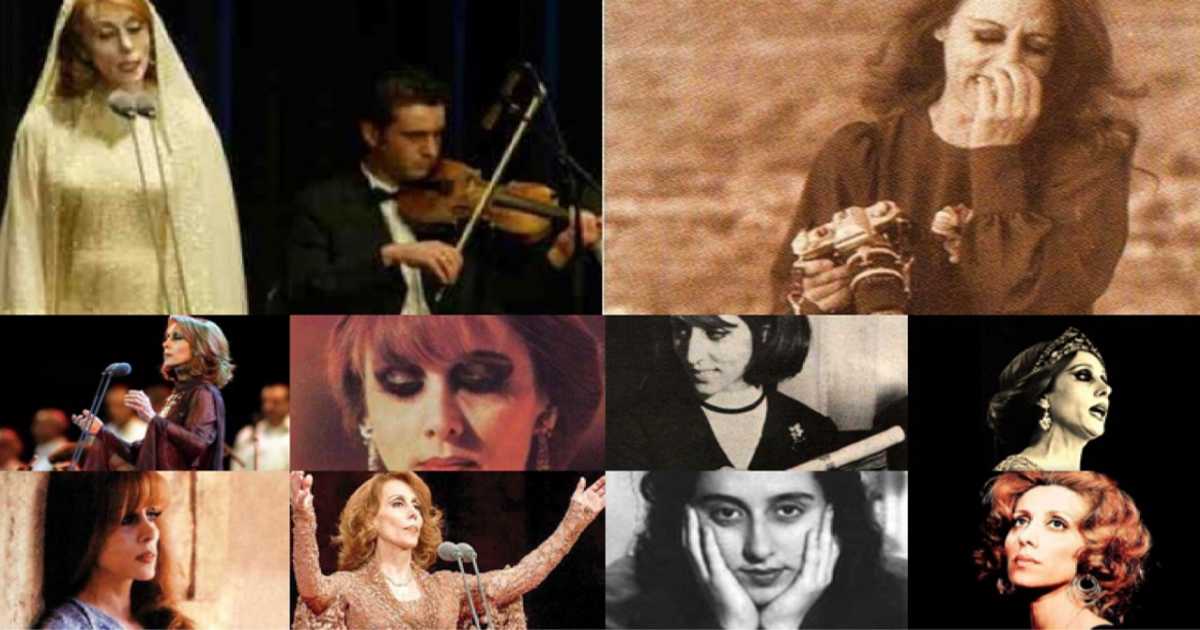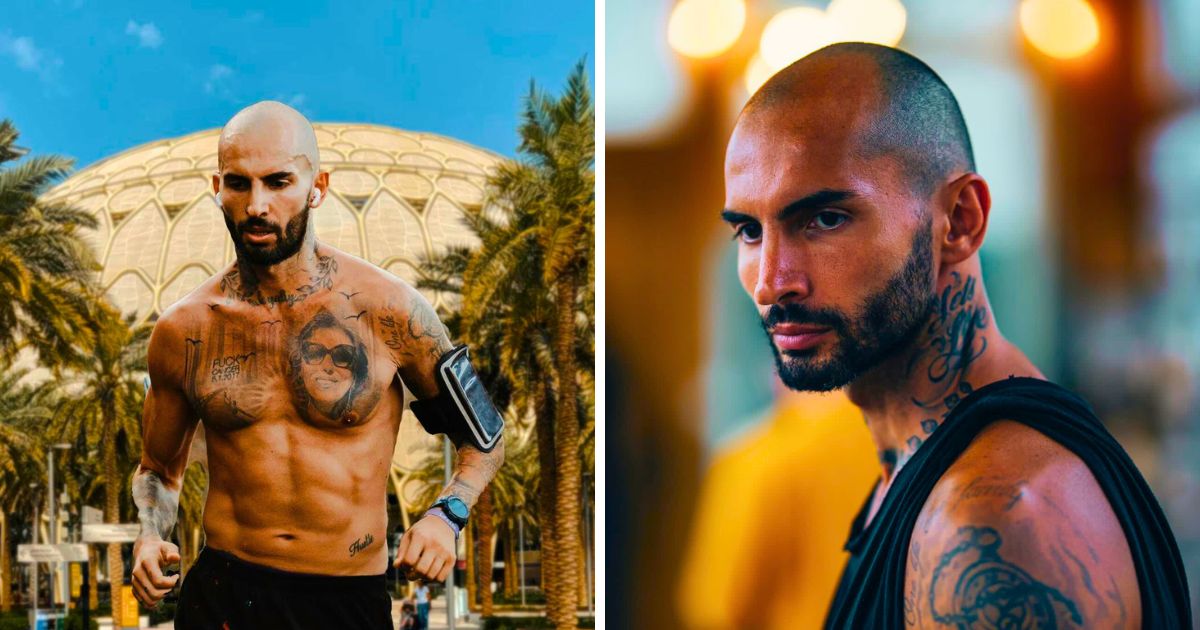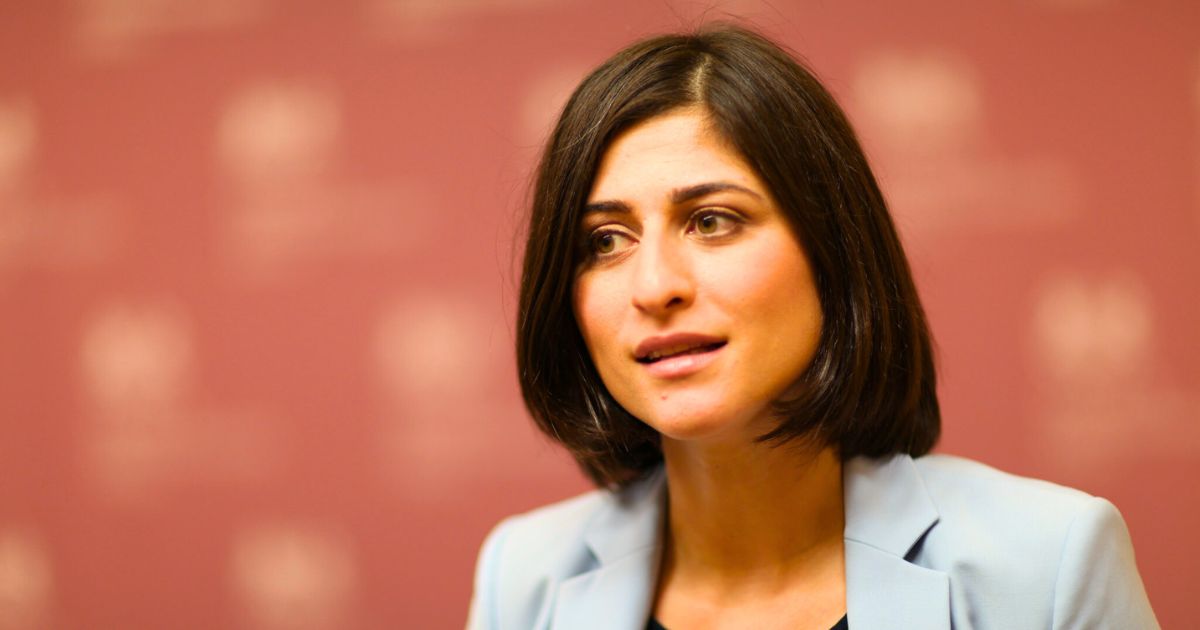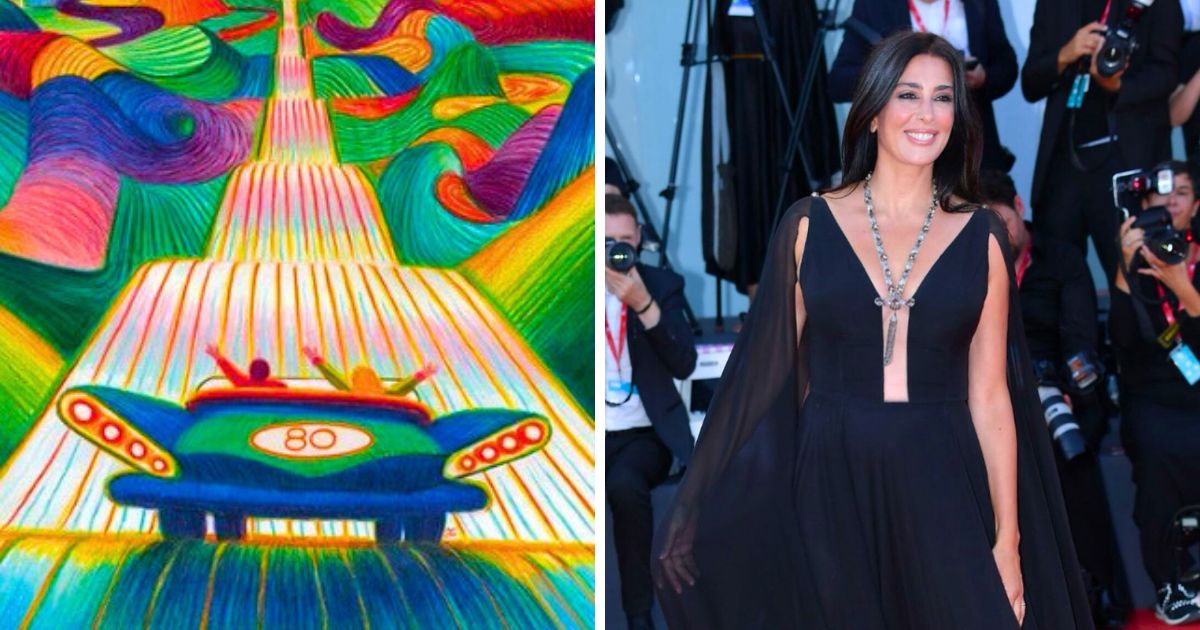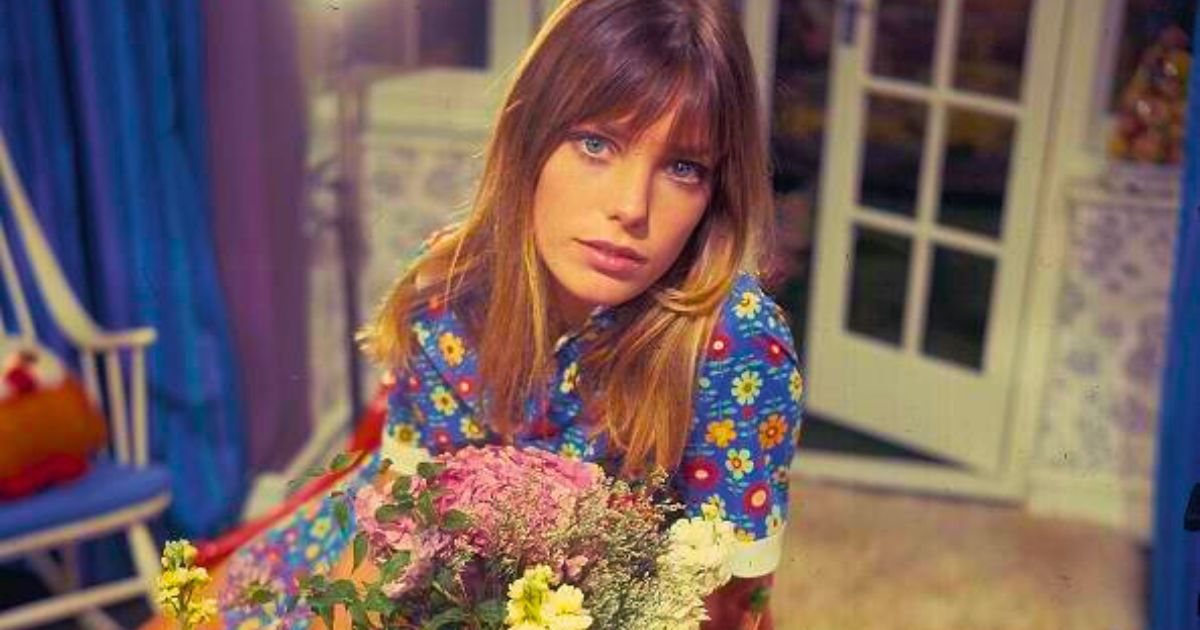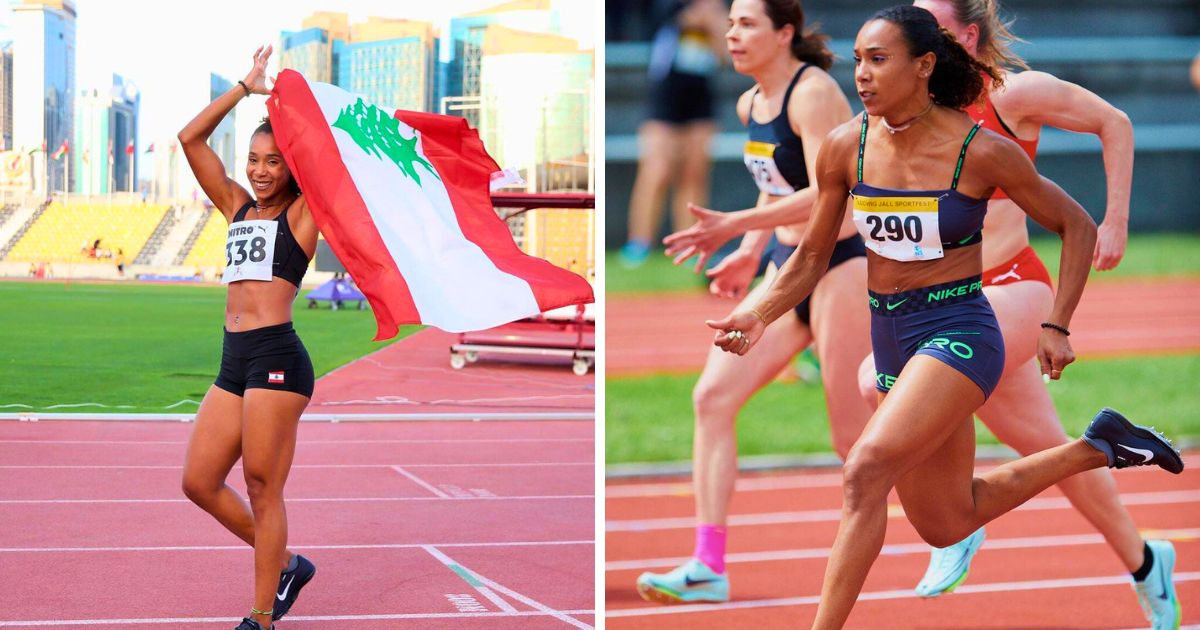Growing up, I would always wake up in the morning to Fairouz singing on the radio in the kitchen as my dad drinks his green tea and my mum makes breakfast. Whenever we get into the family’s car, Fairouz songs and plays would always accompany us on our journey.
I hear the rain, my mind starts singing Ken fi Ness. I ride a bus, I start singing Al-Busta. I feel happy, my heart sings Sabah Wu Massa. Lebanon revolts against corruption and all I could listen to for the past month is Le Beirut.
There is no household in Lebanon that did not grow up listening to the voice of the goddess that is Fairouz.
To the Lebanese nation, as to the majority of the Arab countries, Fairouz is more than a singer. She is the voice of freedom, culture, change, revolution, and Lebanon. On her birthday, we list some of the reasons why Fairouz is an icon of liberty and beauty:
#1 Fairouz took a stand against Lebanon’s Civil War
Fairouz has always refused to side with anything but Lebanon as a united front, which is why she refused to hold any concert in Lebanon during the 15+ years long Lebanese Civil War.
The only exception was her stage performance of Rahbani Brothers’ operetta Petra, which was performed in both the Western and Eastern sides of Beirut, which was divided at that time.
#2 Fairouz sang Al-Ard Lakom (The Land is Yours) at the United Nations in Geneva
International Red Cross chose Fairouz in 1999 as an ambassador representing the Arab world. In the same year, Fairouz sang Al Ard Lakom, written by Gibran Khalil Gibran and composed by Ziad Rahbani, instead of giving a speech in the United Nations office in Geneva, Switzerland.
#3 She is the mother of the musical genius Ziad Rahbani
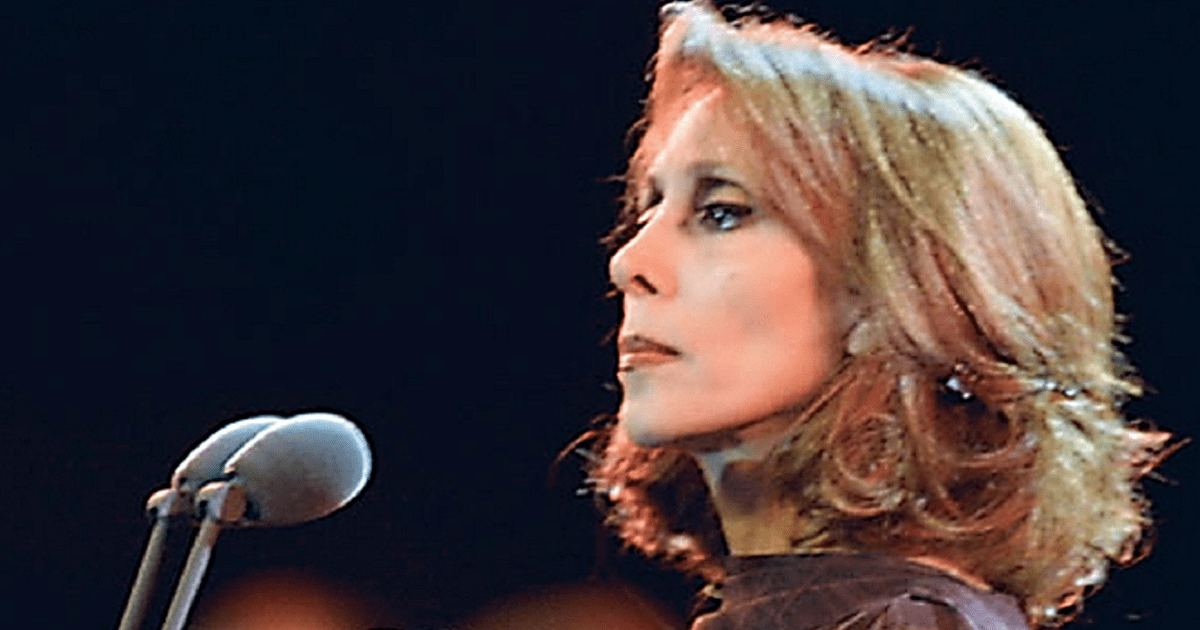
Only a musical genius, like Fairouz and her husband Assi Rahbani, could give birth to another musical genius; Ziad Rahbani. Like his mother, Ziad has given too much to Lebanon and the Arab nation culturally, theatrically, and musically.
#4 In her grandeur, Fairouz was always modest and down to earth
Our “Ambassador to the Moon” as described by Lebanese poet Said Akel, Fairouz grew up in a small house in Zokak El-Blat, Beirut.
Her family could not afford a radio, so Fairouz spent her time sitting near the window and listening to the radio of her neighbors. Her great fame did not alter her beautiful modest nature.
#5 Fairouz songs are also prayers
Rarely does Fairouz move while performing on stage; she is always seen standing in front of a microphone and looking directly at the audience.
When questioned by The New York Times writer Neil MacFarquhar about her performance, Fairouz said that she has stage fright and that she tries to sing as if she is praying.
#6 Unlike most celebrities, Fairouz cherishes her privacy
She may be one of the biggest singers in the region, but she was never too fond of the spotlight.
Fairouz has kept most of her personal life to herself, avoiding most media appearances, and refusing to reply to critics and/or media news about her.
#7 Fairouz co-created the modern Lebanese song of today with the Rahbani brothers
The Rahbani Brothers, Assi Rahbani (Fairouz’s husband) and his brother Mansour Rahbani, are the music school that introduced the new concept of a short song with less music and more lyrics to the Lebanese culture and also to the Arab World.
#8 Fairouz is highly praised by international media
The Guardian stated that “she sang the story of a Lebanon that never really existed” and “essentially helped build the identity of Lebanon, just 14 years after it became an independent country.”
In 1997, Billboard stated, “Even after five decades at the top, [Fairuz] remains the supreme Diva of Lebanon”.
In 1999, The New York Times described her as “a living icon without equal” and stated that her emergence as a singer paralleled Lebanon’s transformation from a backwater to the vibrant financial and cultural heart of the Arab world.
In a 2008 article, BBC described her as “the legendary Lebanese singer and greatest living Arab diva.”
In an article about world music, The Independent stated “All young female singers in this region seem to be clones of her” and that “she’s such an important artist that you have to get to grips with her.”
#9 Even Beyoncé is a big fan of Fairouz
Beyoncé expressed her fondness of Fairouz in an interview she did in Dubai. When asked about her love for Arab music, Beyoncé said: “I listen to Fairouz, a lot.”
#10 Fairouz was given the key to the city of Al-Quds
Fairouz was given the key to Al-Quds in Palestine for her honorary stand with Palestine and its people against Israel aggression, especially with her song “Zahrat Al Mada’in” (the flower of the cites), which was the older name of Al-Quds. The key was made of the wood from Quds’s olive trees.
#11 Fairouz’s childhood house has been turned into a museum
Fairouz’s childhood house has become so significant in the rise of a star that is now considered an open museum for everyone to visit and explore her early life.
#12 Fairouz was given the Ordre des Arts et des Lettres
Fairouz was given the Order of Arts and Literature by the former French President Francois Mitterrand and was also awarded Chevalier de la Légion d’Honneur by the former French President Jacques Chirac. Two awards of which hold a significant importance in France and Europe.
#13 Fairouz was also honored by King Hussein of Jordan
In 1975, Fairouz was given Gold Medal of Honor, awarded by King Hussein of Jordan.
#14 Fairouz is known to be the voice of the Lebanese mornings
For so long, morning music has been reserved for Fairouz songs in radio stations and in our own iPods and music library. To the majority of people, Fairouz’s soothing voice is directly related to peace and calm, two things that we all want to start our day with.
Fairouz has always refused to side with anything but Lebanon as a united front, which is why she refused to hold any concert in Lebanon during the 15+ years long Lebanese Civil War.
The only exception was her stage performance of Rahbani Brothers’ operetta Petra, which was performed in both the Western and Eastern sides of Beirut, which was divided at that time.
